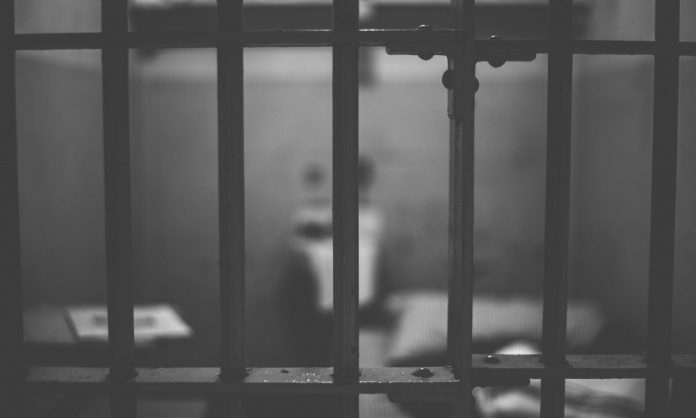North Korea’s special amnesty marking the 80th anniversary of the ruling party’s founding this year included families of so-called “war heroes” deployed to fight in Russia’s war against Ukraine.
While North Korean authorities explained they are “giving opportunities to those who regret their crimes and want to become new people,” the move appears intended to strengthen regime loyalty by rewarding those who served the state.
A Daily NK source in North Korea reported recently that “among prison inmates in this amnesty, two immediate family members of soldiers dispatched to the Russian front line were specially released despite having remaining sentences.”
Authorities did not officially announce this, but internal documents stated that “families of war heroes can also be subjects of forgiveness.”
This appears to send a message that the regime will strengthen loyalty through “war hero treatment” and “loyalty rewards.” It represents an attempt to strongly impress upon citizens that “the loyal will be forgiven and the state will give them another chance.”
“Releasing war hero families this time was not simply a humanitarian measure but a political move to strengthen unity centered on the loyal class,” the source said. “Amid a social atmosphere where discontent has grown due to economic hardship, they clearly imprinted the message that the loyal will survive.”
Sensitive crimes excluded
Conversely, those convicted of sensitive crimes such as border crossing, human trafficking, large-scale smuggling and phone calls with South Korea were mostly excluded from the special amnesty list. North Korea defines such acts as “ideological contamination,” and the exclusions appear to show the regime’s determination to draw a firm line against acts that cross the system’s control boundaries.
However, those who met specific conditions, such as voluntary reporting, were exceptionally included in the amnesty list. This appears intended as an incentive to encourage self-reporting.
The special amnesty review process was conducted in a more systematic manner than before, sources said. Courts, prosecutors’ offices, the Ministry of Social Security and the Ministry of State Security jointly formed a review committee that evaluated each inmate by quantifying their crime severity and degree of remorse, labor performance and ideological education scores.
Specifically, among inmates who completed more than half their sentences, those recognized as faithfully undergoing re-education became priority candidates.
“In the past, many were released through official recommendations or orders from above, but now they’re managed by records and scores,” the source explained. “While sentence reductions have become more objective, a system has been created where every action is monitored one by one.”
However, a significant number secured inclusion on the list through large bribes.
Post-release monitoring
Meanwhile, those released through this amnesty will be incorporated into authorities’ post-release management system for six months to one year, the source said.
“Interviews with local security agencies, submission of life records and quarterly ideological inspections are mandatory, along with movement restrictions,” the source said. “They say amnesty cancellation or re-imprisonment is possible for rule violations, so people have to be extremely careful.
“This amnesty clearly intends to reward the loyal and warn those outside the system,” the source explained, adding: “While the state speaks of forgiveness and tolerance on the surface, it’s actually weaving the surveillance network connecting inside and outside prisons more tightly.”
Disclaimer : This story is auto aggregated by a computer programme and has not been created or edited by DOWNTHENEWS. Publisher: dailynk.com






